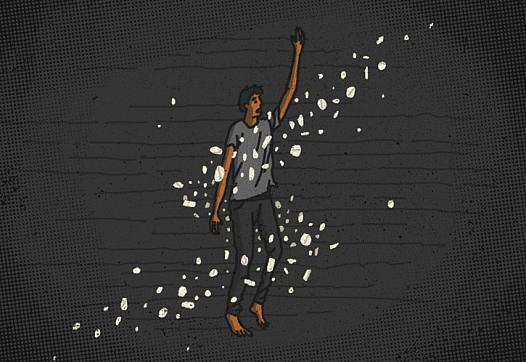
Opioid addiction has claimed thousands of lives in San Diego County. Understanding who is dying and how addiction has changed over the last 15 years is central to confronting the addiction epidemic.

Opioid addiction has claimed thousands of lives in San Diego County. Understanding who is dying and how addiction has changed over the last 15 years is central to confronting the addiction epidemic.
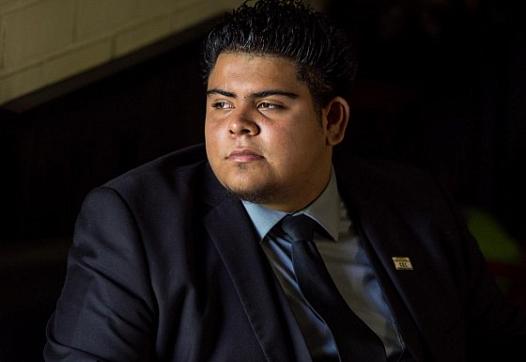
Three out of four adults of Mexican origin who experience a mental illness will not seek professional help, and the problem of under utilization is even higher among Mexican immigrants.
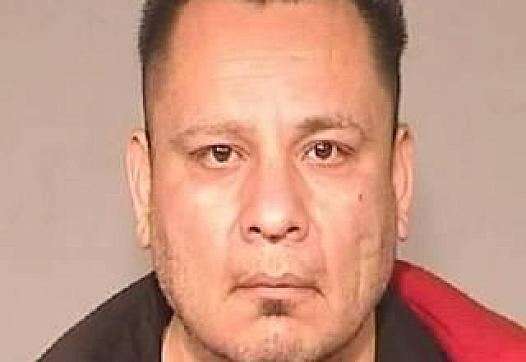
Community violence and a visit to the doctor might seem unrelated. But for people living in violent communities, and the police who patrol them, it's often more closely related than people think.
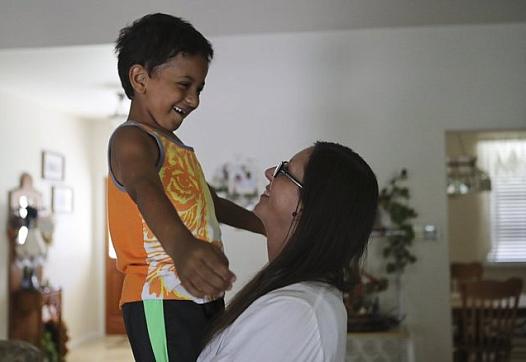
“The word we use for mental illness in Vietnamese is ‘crazy,’” Lanie Tran said. “If you’re a Buddhist, you believe you or your family members did something wrong in a previous birth. If you’re Catholic, you believe God is punishing you for something you did that was mean or wrong.”
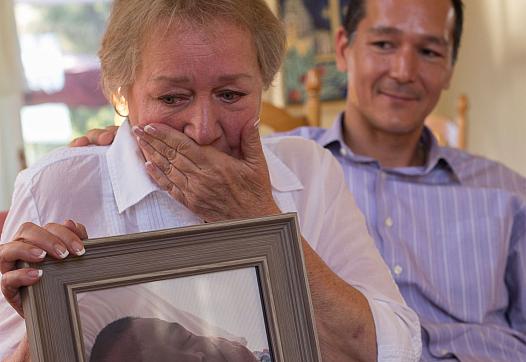
Two reporters set out to answer a question: Was the horrific death of a mentally ill inmate in a California jail an anomaly or evidence of systemic deficiencies that could lead to more deaths?
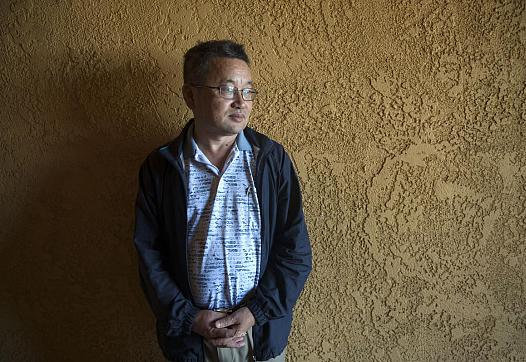
The shocking call came a decade ago from campus police at UC Berkeley. Kwang Ho Kim's son, a straight-A student, had dumped all his clothes on the bed and set them on fire.

As the legalization of weed appears imminent in California, former Los Angeles Times reporter Sam Quinones says the crucial question we should be asking is, "What kind of marijuana should we legalize?"
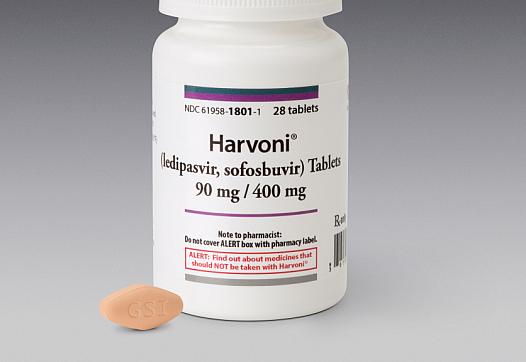
"It's our obligation to offer treatment in a manner that's rational and logical," said the county's chief medical officer. "We identify the individuals for initial treatment right now, based on how we can offer the most care to the most people, who are going to benefit from it the most now."
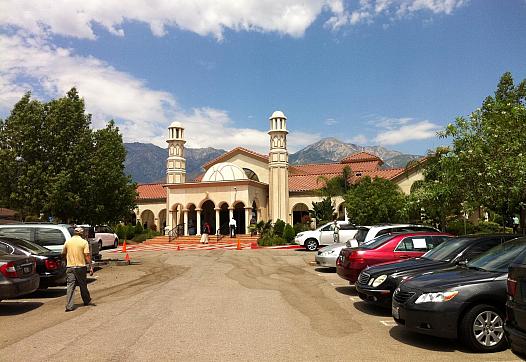
Concluding his series on mental health in the wake of the San Bernardino terror attack, KVCR's Matt Guilhem looks at how area Muslims process the scrutiny they receive.
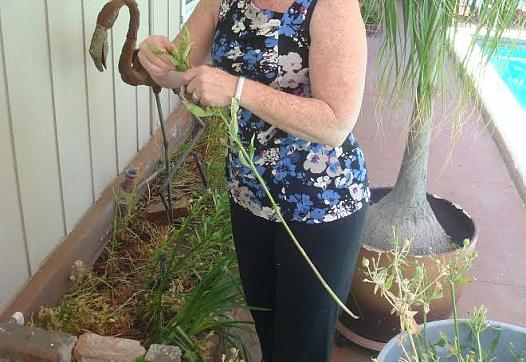
On December 2, 2015, Julie Paez was shot twice during the San Bernardino terror attack. KVCR's Matt Guilhem recently spoke to Paez about her recovery and determination to move forward from that trauma.